Brexit: Will Boris Johnson’s election gamble actually pay off?
With Tories polling well ahead of Jeremy Corbyn’s Labour, an early election looks like a win for the PM.
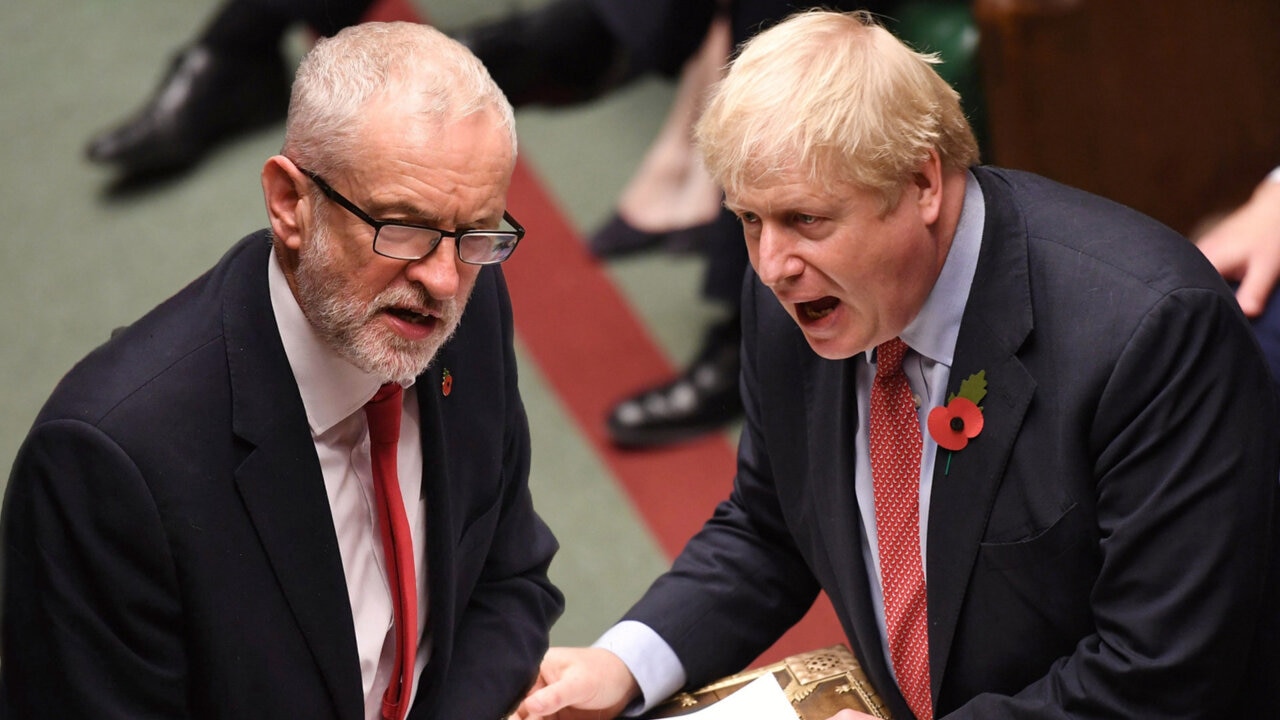
Boris Johnson has finally – on his fourth attempt – succeeded in getting the election he has been pushing for. MPs voted by a huge majority of 418 this morning to hold an early poll on December 12. On the surface, with the Tory government ahead in various polls by 12 to 16 points, it looks like a win for Mr Johnson. But will his election gamble pay off?
What is Boris Johnson’s strategy?

The prime minister wants to fight a “people v parliament election”, arguing that MPs have done everything they can to frustrate Brexit.
He insists he has delivered a good Brexit deal while Jeremy Corbyn, the Labour leader, wants two referendums — a second vote on Brexit and another independence referendum in Scotland.
Mr Johnson is relying on evidence suggesting that Brexit has broken down traditional party loyalties.
Matthew Goodwin, a professor of politics at the University of Kent, highlighted a recent finding by the British Election Study which found that nearly half the country voted for different parties in the last three elections.
Mr Johnson is relying on Brexit to win Leave seats that are currently held by Labour in the Midlands and the northeast. He is hoping that his uncompromising focus on Brexit and his domestic agenda, particularly on law and order and the NHS, is sufficient to cut through.
According to internal polling the Tories are “streets ahead” of Labour on law and order after pledging an extra 20,000 police officers. They have also taken a narrow lead over Labour on the NHS.
MORE: UK heads for Dec 12 poll | Labour in chaos over election bid | All Brexit news and analysis
What is Jeremy Corbyn’s election strategy?
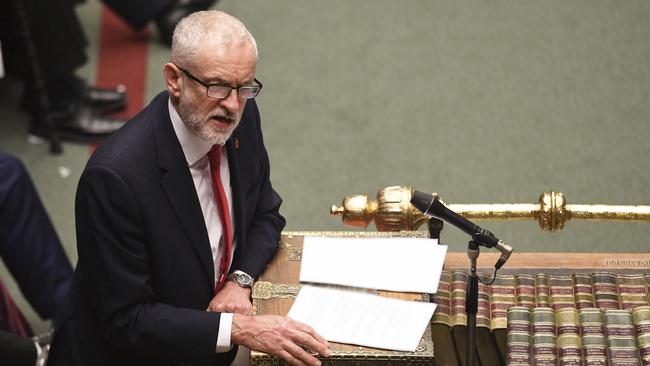
On Brexit, Labour will offer a second referendum, which they usually call a “public vote”. This would be between a “sensible” Brexit deal which they believe they can negotiate within three months, and Remain. Several senior shadow cabinet ministers have already committed to campaigning to Remain but they will want to shift the debate beyond Brexit as much as possible.
The success in 2017 of “for the many not the few” will mean both the phrase and its themes are resurrected. Since Boris Johnson became prime minister, Labour have tried to cast the Conservatives as an elite — their conference slogan was “people before privilege” — while also trying to draw parallels between Donald Trump and the prime minister.
“Trump-deal Brexit” has become a catchphrase. They will attack the Conservatives’ spending plans as merely undoing cuts they have made since 2010 and believe that broadcast rules governing elections will help them get their messages across.
What is the Liberal Democrat strategy?
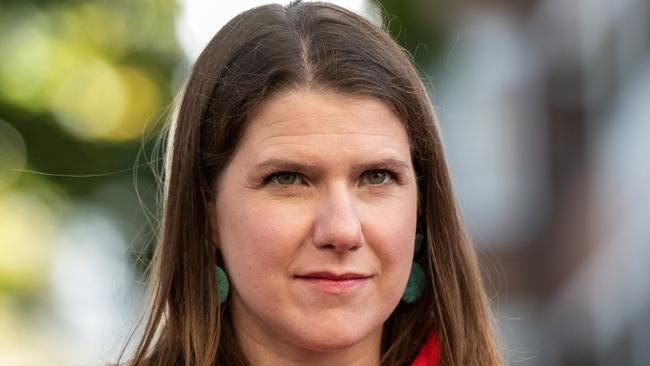
They will campaign relentlessly on Brexit. They made the controversial decision last month to vow that in the unlikely event they win a majority they would revoke Article 50, cancelling Brexit altogether. The Liberal Democrats made this move not because they expect an overall majority but because they wanted to flaunt their Remainer credentials compared with Labour.
They will also use their numerous defectors to ram home the message that both main parties have moved to the political extremes. They hope to pick up Remain-voting Conservative seats as well as traditional strongholds in the southwest which they lost to David Cameron in 2015, while also winning ultra-Remain urban areas from Labour.
Will turnout be low?
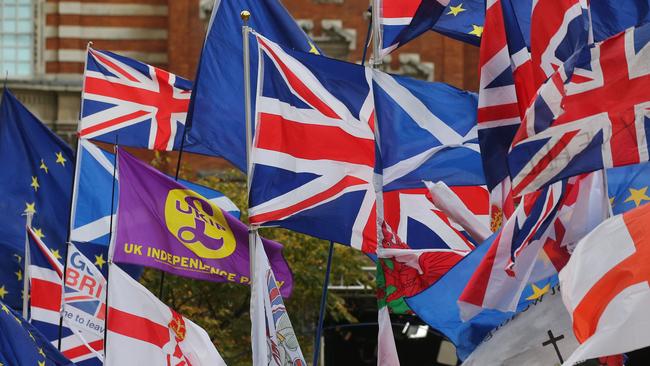
Opposition parties have raised concerns that turnout could be significantly reduced because the election is being held in winter.
Sir John Curtice, professor of politics at Strathclyde University, suggested that was not necessarily the case. He highlighted that there was a record turnout for an election in February 1950. In 1923, the last December election on record, the turnout was 71 per cent.
Sir John said: “If our great grandparents who didn’t have central heating and were relying on gas lighting could manage, why can’t we?
“We have a level of commitment to Remain or Leave of the kind we have not seen in party politics since the 1960s. This has become an issue which deeply exercises the public. One would anticipate they will turn out.”
So will Mr Johnson’s gamble pay off?
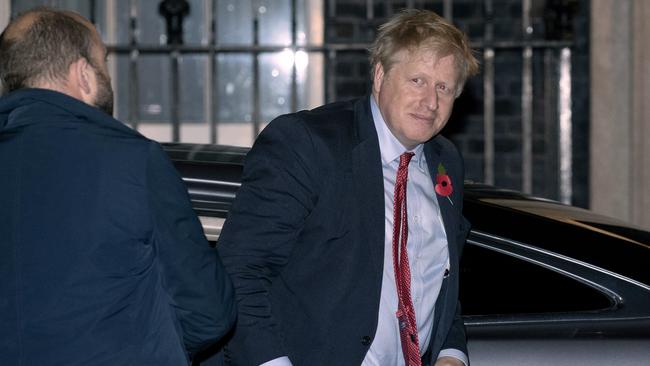
The Conservatives have a huge lead in the polls. Recent Yougov polling puts the Tories on 37 per cent and Labour on 22 per cent, with the Liberal Democrats on 19 per cent.
That in itself is not enough to win the Conservatives a general election. While Mr Johnson is pinning his hopes on making gains in Labour Leave seats, he faces being punished by Remainers.
Some Cabinet ministers think that the Tories will have lost 30 seats before voters even go to the polls. The Liberal Democrats are expected to make significant gains in the southeast and southwest, and the SNP is expected to pick up Tory seats in Scotland.
As a result the Brexit Party will be key if the Tories are to make gains in Leave voting seats, especially as Brexit has yet to be delivered. The Brexit Party are hoping to wipe out Labour’s heartlands in the northeast of England and Wales, but senior figures in the party have indicated they may not stand against incumbent Tory MPs. However until Mr Johnson makes a move toward an electoral pact, the party will campaign for a “clean break” Brexit where the UK leaves all EU institutions and then negotiates a free trade deal from outside the bloc.



To join the conversation, please log in. Don't have an account? Register
Join the conversation, you are commenting as Logout